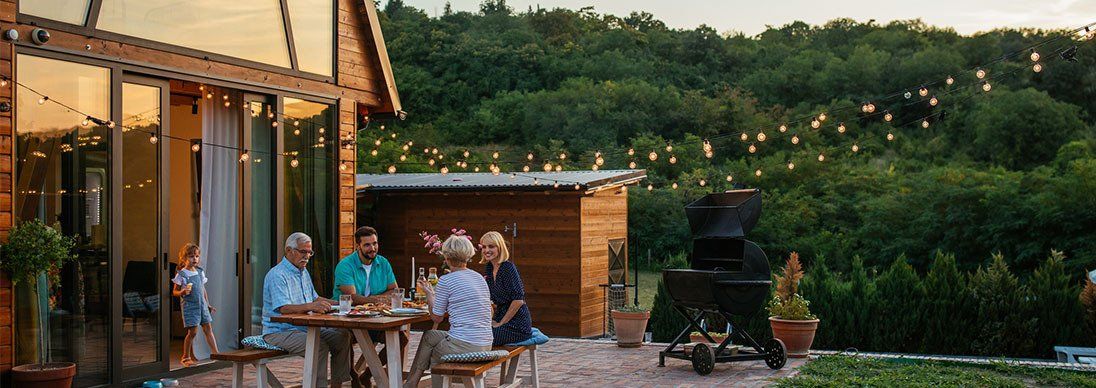Tax tips for Airbnb properties
With many Australians taking the opportunity to rent out that spare room or lease the holiday home, it's a good time to remember that as Airbnb hosts, there are tax implications to consider.
Firstly, and most importantly, the ATO conducts data matching activities through this facility. When you are registered as a host, the ATO matches your information with your Tax File Number and then the information contained in your tax return. This income will be taxed at your marginal rate and can push you into a higher tax bracket.

Capital Gains Tax
Capital Gains Tax may apply when selling your home. CGT is usually not payable on your family home. However, if you rent out your family home or part of it (even just a room), the sale may attract CGT.
Goods and Services Tax
The ATO defines the "sharing economy" as "economic activity through a digital platform (such as a website or an app) where people share assets or services for a fee".
If you provide services in this way, including renting out a room or a whole house on a short-term basis through Airbnb, HomeAway or other similar platforms, you need to consider how income tax and GST apply to your earnings.
Claiming expenses
Though the income from renting a room out needs to be included in your tax return, you can claim expenses for the percentage of the area of your house that is available for rent.
These can include:
- Internet & Phone costs
- Water, power and council rates
- Upkeep and repairs
- Interest on your mortgage
- Depreciation on the cost of furnishings and equipment
In summary, if you aim to become an Airbnb host, remember:
- Don't hide or under declare your income - the ATO can spot the difference
- There are tax implications you should be aware of
- Save your expense receipts and notes
- Talk to your tax agent about how to claim all your expenses
If you have any questions, email us or phone or friendly team on 02 9899 3044.






